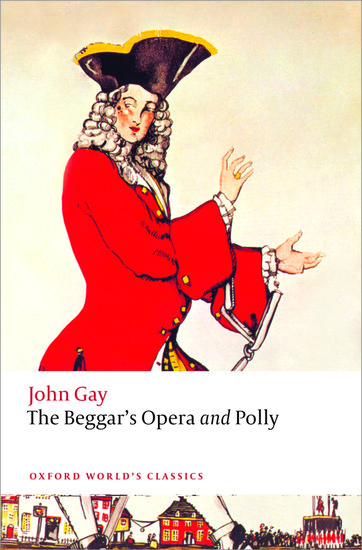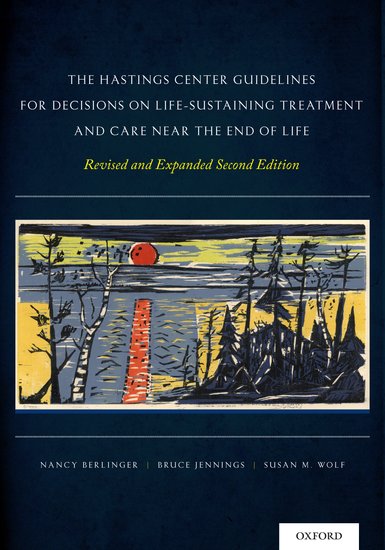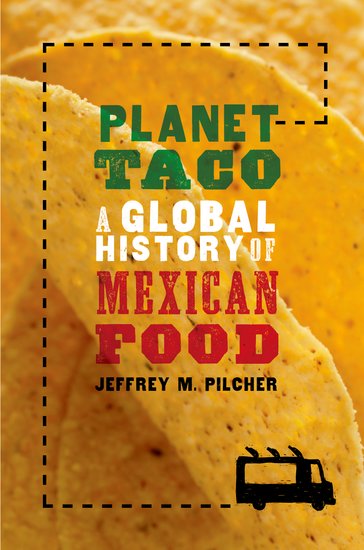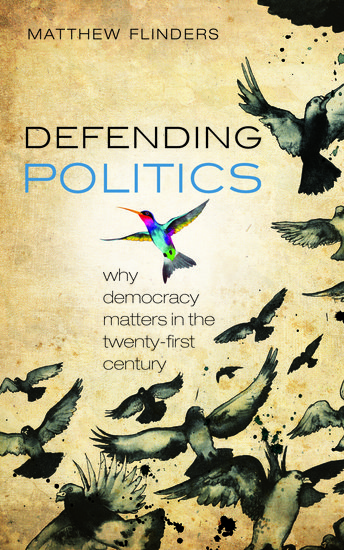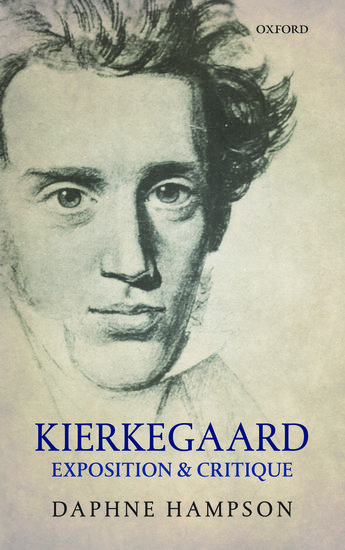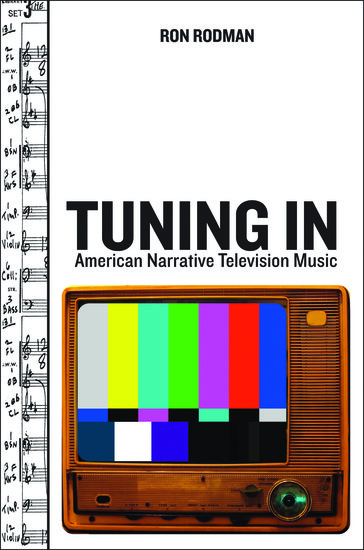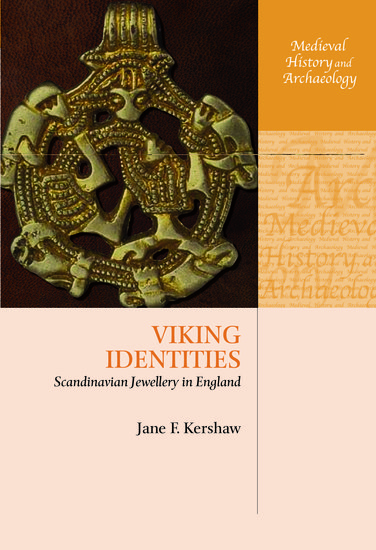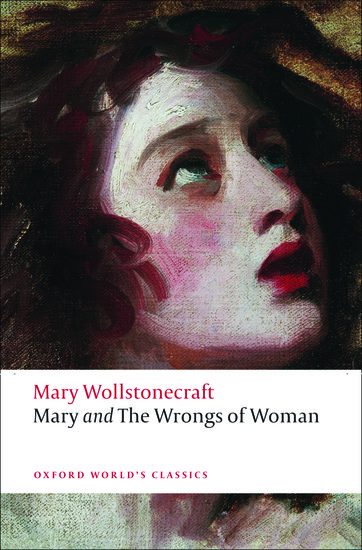The real secret behind Gatsby
The Great Gatsby is one of the best-known American novels, but weirdly, and strangely reflective of Gatsby himself, one of the least understood. The much-awaited Baz Lurhmann version of The Great Gatsby opens in the United States tomorrow, and like Gatsby himself — as a new trailer reminds us — the novel is “guarding secrets.”



